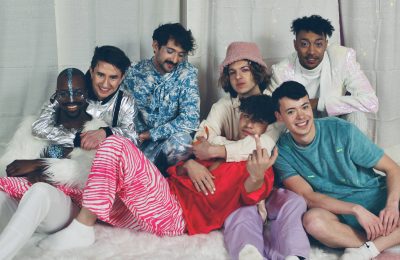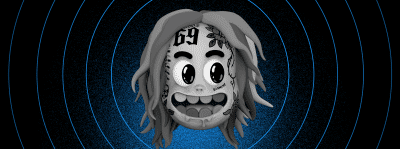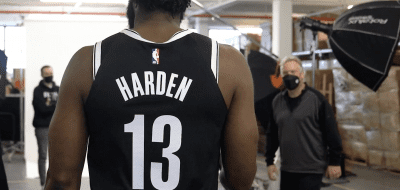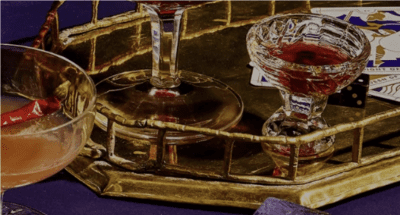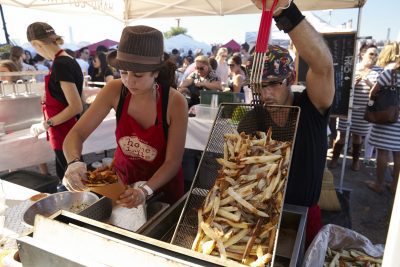Illustration by Christophe Marchand
Do or dink: Will pickleball survive the hype?
Whether you’re a hater, a fair-weather fan or a pro with the paddle, you can’t deny that pickleball has taken over America’s courts
It’s Sunday morning and Edmonds Playground in Fort Greene is alive with the thwumps of paddles, shuffles of sneakers and boom-baps of a Bluetooth speaker. Punching through it all are the hoots, gasps and cheers of the Pickle Pack, a group of weekend pickleball warriors. First organized by six players who started rallying in 2020 to escape the odd isolation of pandemia, the Pickle Pack has now collected over 35 regular players through word of mouth (and has now exceeded the limit of how many can be on a single group text).
“I think that was the play of the day!” shouts Jay Neilson, a Pickle Pack regular, praising another’s moves.
The group consists of a mishmash of mostly twentysomethings whose occupations range across media, the arts, marketing and everything in between.
At the risk of sounding too precious, this is what a community looks like: the summer camp vibes, the rumpled activewear, the mutual affirmations. But don’t let the smiles deceive you — any one of these affable hipsters can turn fiercely competitive at the flick of a paddle.
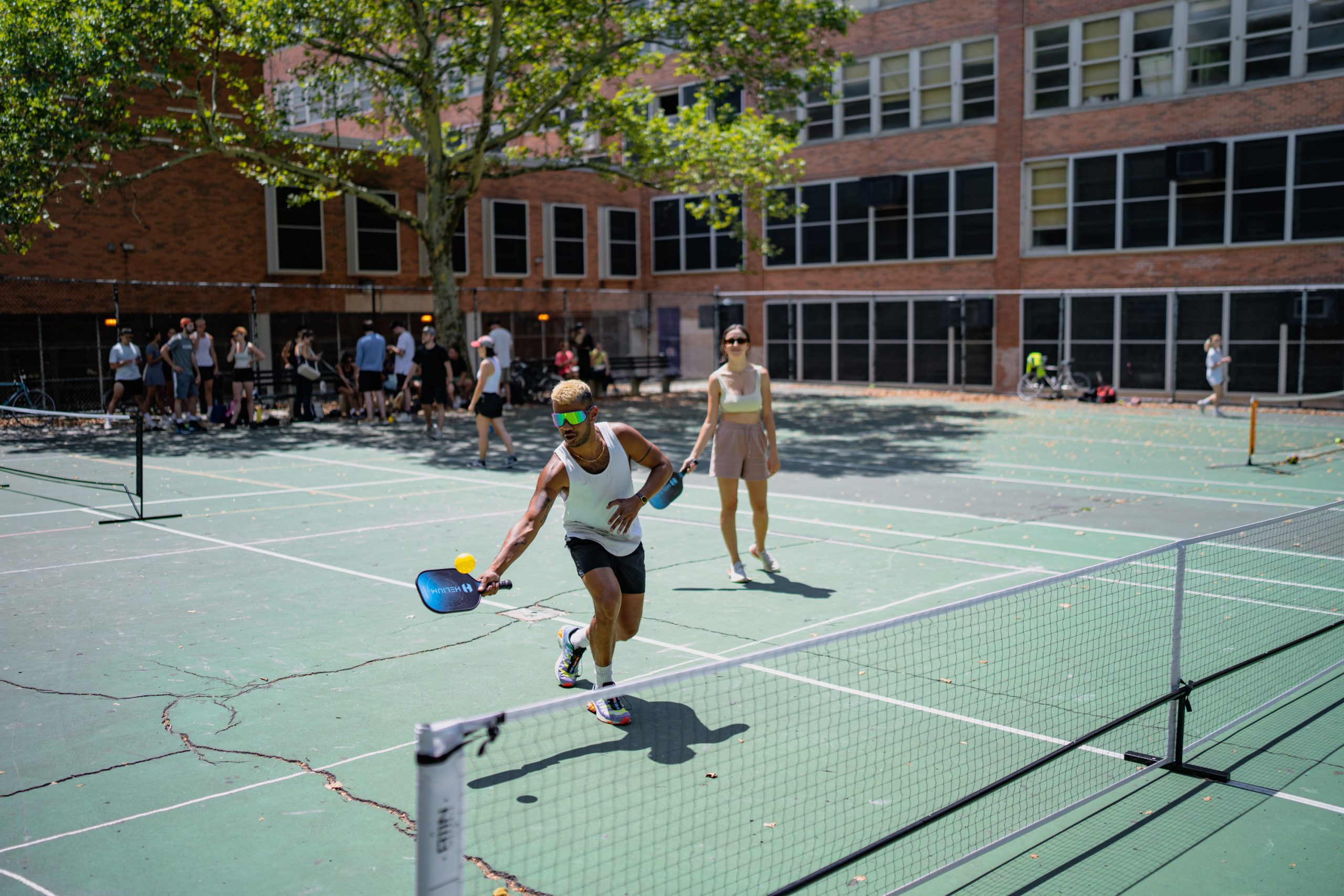
The Pickle Pack in action (Jeremy Cohen)
Pickleball has been around since 1965 but has only recently exploded in popularity. And so have the questions that people ask about it: Isn’t that that life-sized table tennis sport? A miniature version of actual tennis? A bastardized badminton? Is it a sport or a game?
Well, here’s the thing: Pickleball’s appeal lies in part within this court of ambiguity. It is whatever you want it to be. And as the activity has gained traction in recent years, it poses even more contradictions.
Pickleball feels familiar, yet entirely new. It’s technically a sport, but can be treated like a backyard game, played with pan-sized paddles larger than those used in ping-pong. It can be played on tennis courts, but a “pickledome” utilizes only half the space of a regulation tennis court. The objective seems simple, but rules are surprisingly nuanced. What do a falafel, a dink and a flapjack all have in common? These are all pickleball-exclusive terms used with fluency among the game’s players. (The minutiae of the sport may be more trouble than it’s worth to get into here.)
Originally championed by seniors, pickleball has been, well, gently gentrified. For the Pickle Pack, winners don’t get to rule the court, and egos are checked at the gate. The rag-tag group casually cycles through randomized teams so everyone gets playing time, unlike the strict and unspoken rules of New York’s tennis courts.
“Do you want next? I just played twice,” Luke Magee asks some fellow Pickle Packers, ensuring everyone has a chance to hit a few.
There are, of course, the haters. The comments section of “the dink,” a popular TikTok account championing pickleball, regularly brims with trolling — usually with sentiments like “for those who failed at tennis,” or something along the lines of “you stole your grandma’s game.” A recent article from GQ called pickleball “a senior citizen’s idea of something youthful and hip — the Pete Buttigieg of sports.” There was no greater outrage, however, than when professional pickleball player Ben Johns was featured on the cover of Tennis Magazine last July. While it was clearly a ploy by the publication to appeal to more readers, diehard tennis fans balked.
Still, pickleball is booming.
According to the USA Pickleball Association, there are about 8,500 locations around the country registered as places to play pickleball — up from 4,600 locations listed in 2016 — with nearly 5 million players and counting. In February, Brooklyn Bridge Park announced it was replacing its “underutilized bocce courts” with three pickleball courts at Pier 2.
Pickleball equipment is filling local sporting stores, while its supporters are flooding your Instagram feed. Even mega-prep retailer J. Crew launched a limited-edition run of pickleball paddles, which sold out in days despite their price tag of $74 a pop. But nothing cements status quite like celebrity cosigns, which is why seeing Leonardo DiCaprio and George Clooney and their ilk embracing the game speaks louder than the reverberation of a direct hit.
Fad or not — sport or game — pickleball’s popularity is unlikely to sour any time soon. When one of the founders of the Pickle Pack, Chloe Rask, is asked how long she sees herself playing, she responds, “I have a kink to dink.”
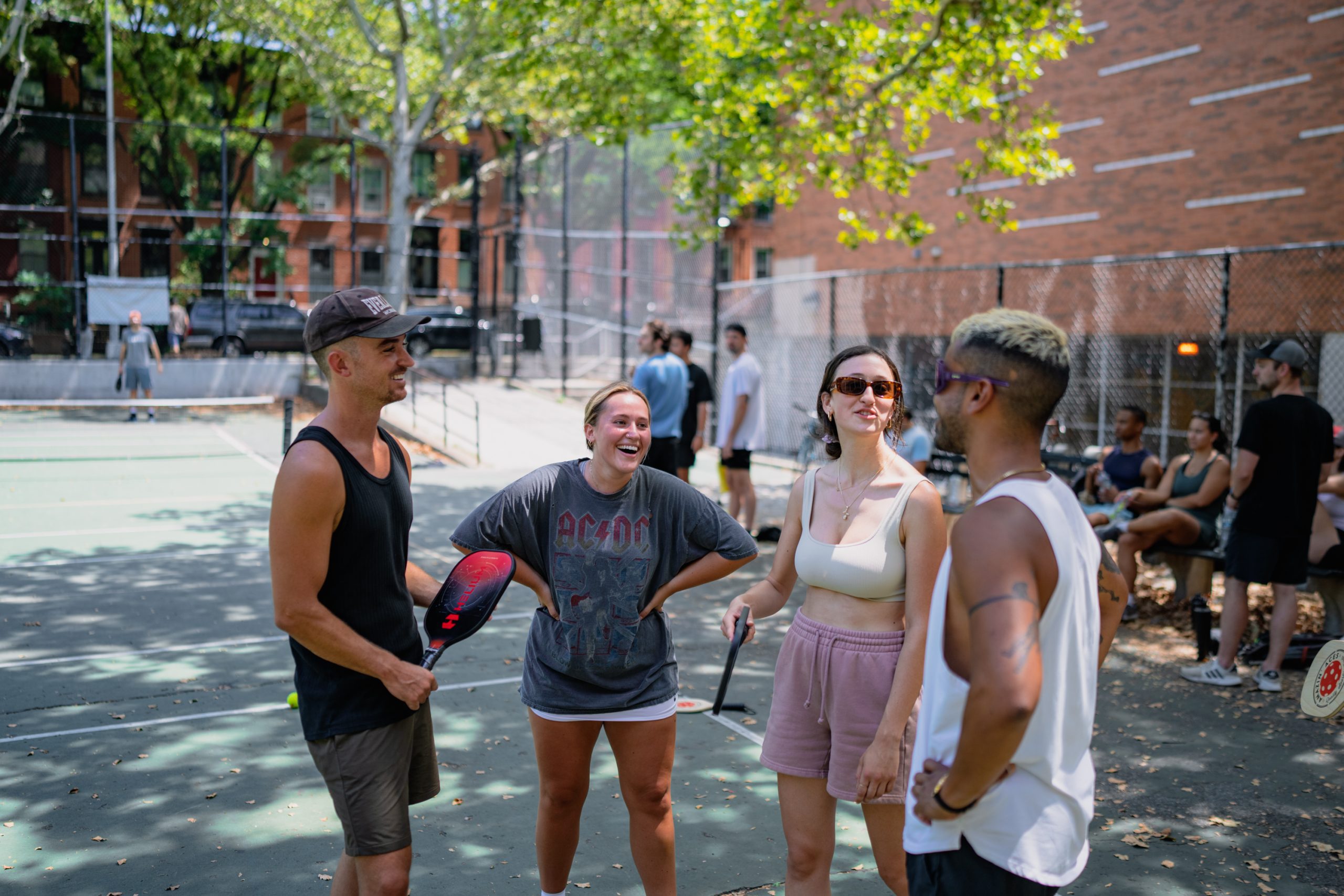

Post-pickle pleasure (Jeremy Cohen)
This article originally ran in the fall print issue of Brooklyn Magazine — click here to subscribe today!
You might also like 

















